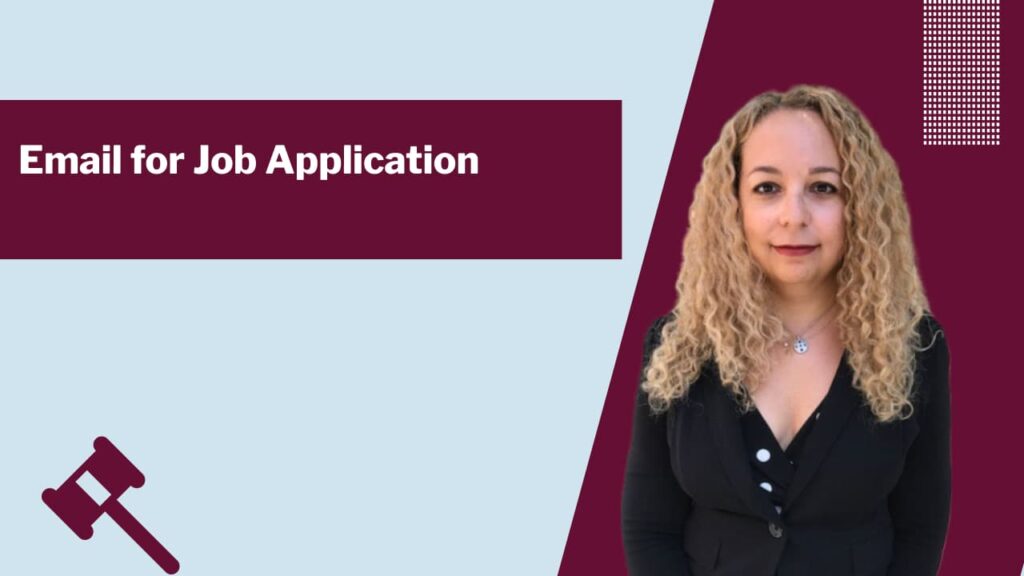
For non-native English-speaking lawyers seeking new job opportunities, writing a compelling cover email can be a game-changer. Your cover email is your first chance to make a positive impression on potential employers, and it’s vital to convey your qualifications, skills, and enthusiasm effectively. In this blog post, we’ll provide valuable tips and a suggested format to guide you in writing a standout cover email for job applications.
- Start with a Strong Subject Line: The subject line of your email should be clear, concise, and directly related to the job you’re applying for. It should grab the recipient’s attention. For instance, “Application for [Job Title] at [Company/Firm Name]”.
- Greet the Recipient Professionally: Address your email with a formal salutation. If you have the recipient’s name, use it along with their title and last name, like “Dear Mr. Smith” or “Dear Dr. Johnson”. If the recipient’s name is unknown, use “Dear Hiring Manager”.
- Introduction: Begin your email with a concise introduction of yourself. Mention your name, your current position (if applicable), and any common connections or references you may have with the recipient or the company. For example, “My name is [Your Name], and I am a dedicated attorney with [Number] years of experience in [Legal Field]. I am writing to express my strong interest in the [Job Title] position at [Company/Firm Name].”
- Highlight Your Qualifications: In the body of your email, provide a brief summary of your qualifications, relevant skills, and professional experience. Utilize bullet points or short paragraphs for clarity and ease of reading. Include your educational background, legal expertise, and notable accomplishments. Be specific and focus on what sets you apart from other candidates.
- Explain Your Motivation: Articulate why you are interested in the position and why you believe you are an excellent fit. Share your enthusiasm and demonstrate how your background and skills align with the company’s needs. This conveys that you have done your homework and genuinely desire to be a part of the organization.
- Address Language Proficiency: Addressing your language proficiency is crucial. Assure the recipient that you are proficient in English for professional communication. Mention any relevant language certifications or courses you’ve completed, such as TOEFL or IELTS, to validate your English language abilities.
- Provide Contact Information: Include your contact details in the email to facilitate further communication. Share your email address and phone number. Also, indicate your availability for interviews, meetings, or follow-up communication.
- Express Gratitude: Wrap up your email by expressing your gratitude for the recipient’s time and consideration. Use a polite closing, such as “Sincerely,” or “Best regards,”. Sign off with your full name and any relevant professional titles or credentials.
- Proofread and Edit: Before sending your email, carefully proofread it for grammar, spelling, and punctuation errors. Consider using online grammar-checking tools to enhance accuracy. If possible, seek the assistance of a native English speaker or a language-proficient colleague to review your email for additional feedback.
- Keep It Concise: Your cover email should be succinct and focused. Avoid lengthy paragraphs and verbosity. Strive for clarity and brevity while ensuring that all necessary information is effectively conveyed.
By following these tips, you can confidently write a compelling cover email that effectively introduces you as a non-native English-speaking lawyer. A well-crafted cover email can set you on the path to a successful legal career or the next exciting opportunity in the legal field.